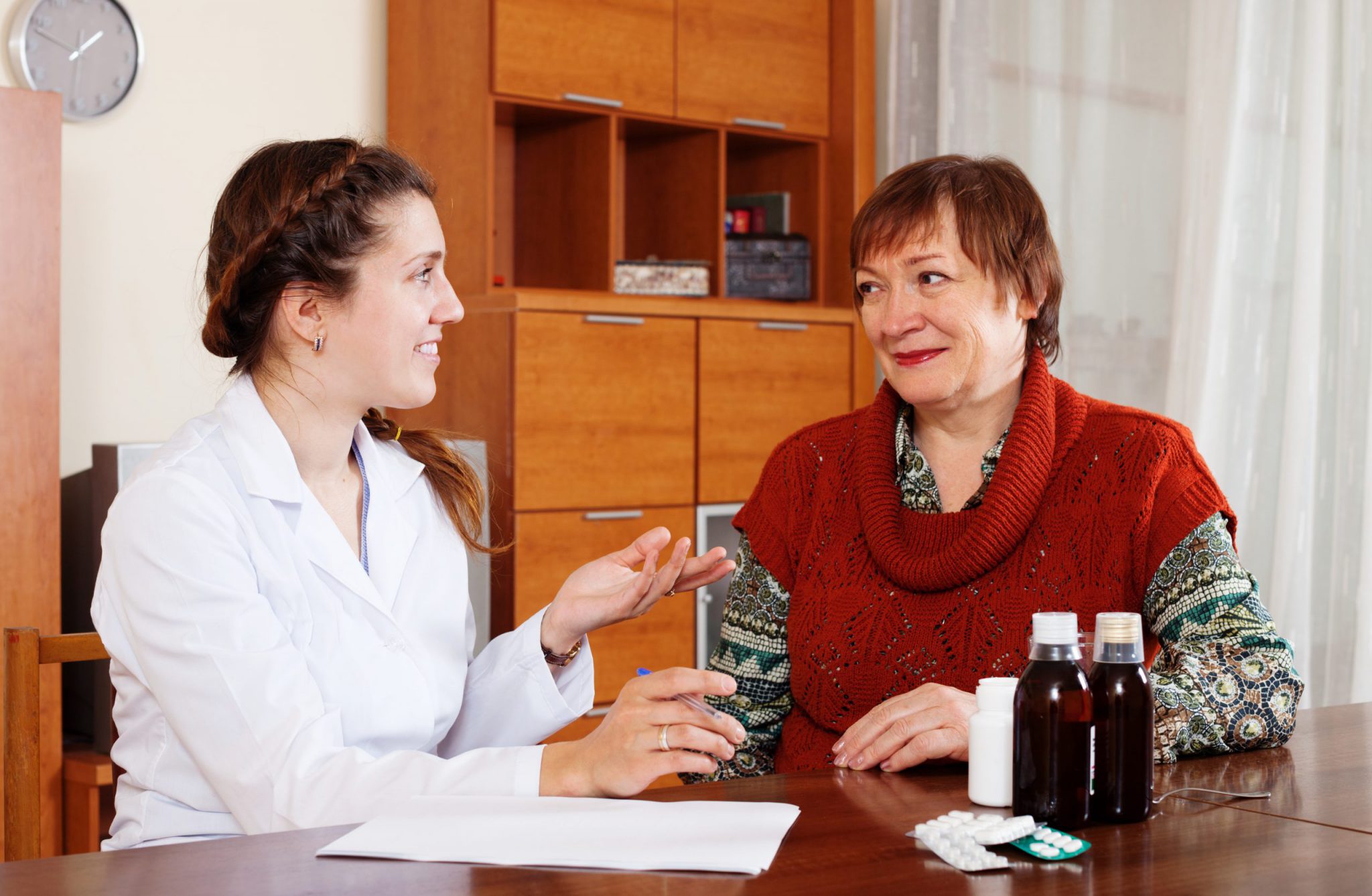
In the U.S., there are more than 80 classes of over-the-counter (OTC) medicines. This means you can buy them without a prescription. Yet, they are all still serious medicines that need to be taken with care. That’s why it’s important to BeMedWise every time you use an OTC drug.
10 tips for smart OTC medicine use
- Read the label.
This will help you select the right product for your symptoms. Also, it has important dosing instructions and warnings. - Choose a medicine that treats only the symptoms you have.
Some products are for one symptom (i.e., cough medicine). Some are for multiple symptoms (i.e., cold medicines that treat headache, stuffy nose and cough). “More” doesn’t necessarily mean better. - Know what to avoid.
Like prescriptions, OTC drugs can have side effects. Read the label to see what to avoid while you are taking an OTC drug. - Ask before you use.
Ask your pharmacist or doctor any questions you may have. - Take the medicine EXACTLY as stated on the label.
Taking too much can be harmful. Only take the recommended amount at the intervals stated on the label. - Use caution when taking more than one OTC drug.
Many OTC medicines contain the same active ingredients. For example, the pain reliever you take for a backache may also be in cold medicines. You may be getting more than is recommended. Compare ingredients! - Don’t combine prescriptions and OTC drugs without talking to a healthcare professional.
Sometimes combining drugs can cause adverse reactions. Or, one drug can interfere with the other drug’s effectiveness. Ask your doctor or pharmacist. - Keep a list of all the OTC medicines, prescription drugs, dietary supplements and herbal remedies you take. Include the active ingredients and reason for taking each. Share it with your healthcare providers so they can check for interactions or side effects. Give a loved one a copy in case of an emergency.
- Give infants and children medicines according to their age and weight.
Unless labeled otherwise, adult-strength products shouldn’t be given to children under age 12. Doing so could cause accidental overdosing. Never cut adult tablets in half or estimate a child’s dose of an adult-strength liquid product. For liquid medicines, use the measuring cup or syringe that comes with the medicine. Do not use a kitchen spoon. - Don’t use expired medicines.
Dispose of all expired medicines safely. Don’t throw them away where children or pets may find them.
 Learn More
Learn More
Learn more about the safe use of OTC medicines from BeMedWise members and stakeholders
- Over-the-Counter Medicine Safety—an educational toolkit for students, teachers, parents and community leaders from Scholastic and the American Association of Poison Control Centers.
- A parent’s guide for OTC medicine use (CHPA Educational Foundation)
- Safe Disposal of Over-the-Counter Pain Medicines

